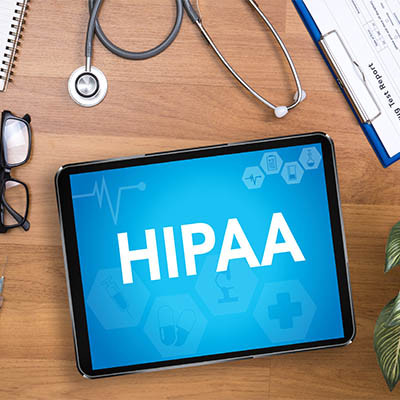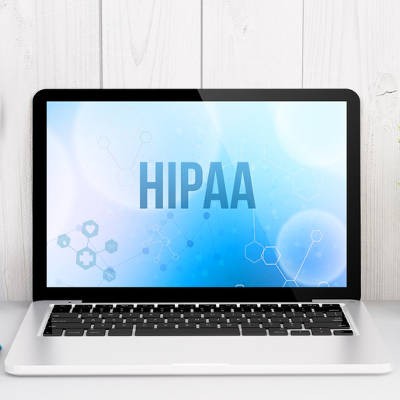For years, you've heard about the growing role of technology in healthcare, promising to stabilize costs, improve access, and personalize care delivery. As these innovations take hold, however, they also raise serious concerns about data privacy. Today, we’ll explore some of the technological advancements in healthcare and their implications for patient data privacy.
BNMC Blog
Technology is a great tool for businesses to keep up with the times, so to speak, and one way organizations have adapted to evolving needs of their clientele is through AI. Healthcare technology, in particular, can leverage AI and its benefits in unique ways. Today, we want to explore some of these benefits and how healthcare organizations can use AI to provide better quality services to their patients.
Any organization that holds medical records or other healthcare-related sensitive data needs to consider legislation and organizations that govern the privacy of those records. In this case, we are referring to HIPAA, the Health Insurance Portability and Accountability Act, and HITRUST, the Health Information Trust Alliance. These two acronyms are incredibly important for healthcare providers in the United States to understand.
If your work requires you to store medical data, you should be aware of how important your data security is, as a problem could potentially put your business at risk of closing up shop permanently. Security has to be a priority with so many regulations setting compliance standards that must be followed. How can you balance the effectiveness of your business without undermining its security?
Today, perhaps now more than ever before, technology is making strides toward making its users consider ways to stay healthier. Wearables are one of the primary examples of how technology is aiming to make users both more active and more interested about their own health. At 2018’s Consumer Electronics Show in Las Vegas, Nevada, this technology was front and center, showcasing how far it has come in just a year’s time.








